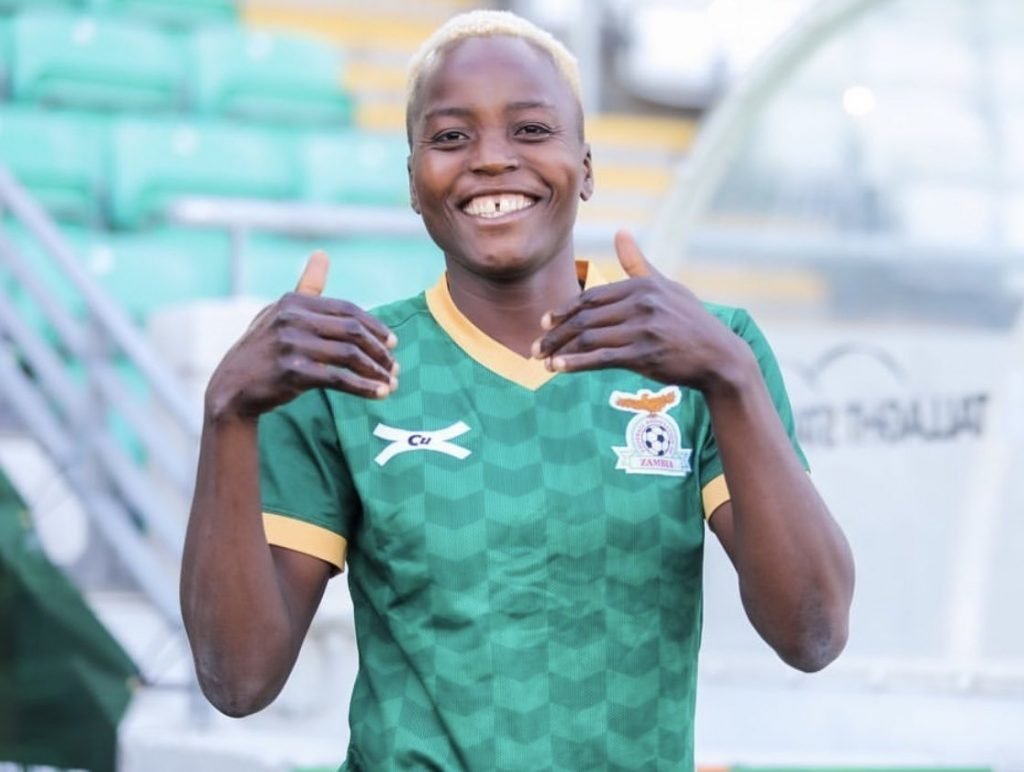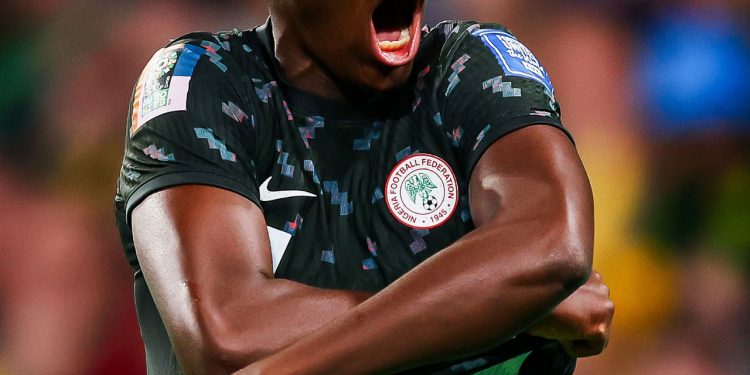In celebrating International Women’s Day from the pitch to the boardroom, African women have made an indelible mark on football, defying stereotypes and inspiring generations. As players, referees, administrators, and business leaders, they have transformed the landscape of the sport, championing gender equality and redefining football’s cultural significance.

African female footballers have made history on the global stage, beginning with Nigeria’s Rita Nwadike, who scored Africa’s first-ever FIFA Women’s World Cup goal in 1995. Since then, stars like Asisat Oshoala and Ajara Nchout Njoya have captivated audiences with their skill and determination. Oshoala’s stunning goal against South Korea at the 2019 World Cup and Nchout’s dramatic last-minute winner against New Zealand showcased the grit and talent of African women in football.

In 2023, Zambia’s Barbra Banda wrote her name in the record books by scoring the 1,000th goal in Women’s World Cup history, while her compatriot Racheal Kundananji became the most expensive African female footballer ever with her $865,000 move to Bay FC. That record was soon shattered in 2025 when Ethiopian-American Naomi Girma joined Chelsea for $1.1 million.

Beyond their performances on the field, African women continue to redefine football’s cultural landscape. Morocco’s Nouhaila Benzina made history in 2023 as the first hijab-wearing player at the FIFA Women’s World Cup, a powerful symbol of diversity and inclusion. “Years of hard work have led to this moment,” she said, inspiring young girls across the continent.

African women are also making their mark in refereeing. Rwandan official Salima Mukansanga shattered barriers in 2022 when she became the first woman to officiate a match at the CAF Africa Cup of Nations (AFCON). That same year, she was selected as one of only three female referees at the FIFA World Cup in Qatar, further cementing her legacy.
Meanwhile, Fatma Samoura became a trailblazer in football administration as FIFA’s first female and first non-European Secretary General. During her tenure, she played a crucial role in the global development of women’s football. Similarly, Senegal’s Khadija Timera is leading the fight for African footballers’ rights at FIFPRO, the world’s largest footballers’ union, ensuring better conditions and opportunities for players.

Women are also shaping football’s business side. Jessica Motaung, a former beauty queen turned executive, serves as Marketing Director and Board Member of Kaizer Chiefs, one of South Africa’s most successful clubs. Her leadership in the SAFA Women’s Football Committee and the African Clubs Association reflects her commitment to empowering women in football.
In a groundbreaking moment for African women in sports ownership, Grammy-winning Nigerian artist Tems made history in 2023 by becoming the first African woman to co-own a professional football club in the U.S. Under her full name, Temilade Openiyi, she took an ownership stake in San Diego FC, showcasing the expanding influence of African women in the football business.
These pioneering women are not just football participants—they are changemakers, rewriting the rules and setting new standards. Their stories prove that football is for everyone, and their resilience, passion, and leadership continue to pave the way for future generations. As African women continue to break barriers, they ensure that the continent’s football legacy remains strong and inclusive for years to come.









